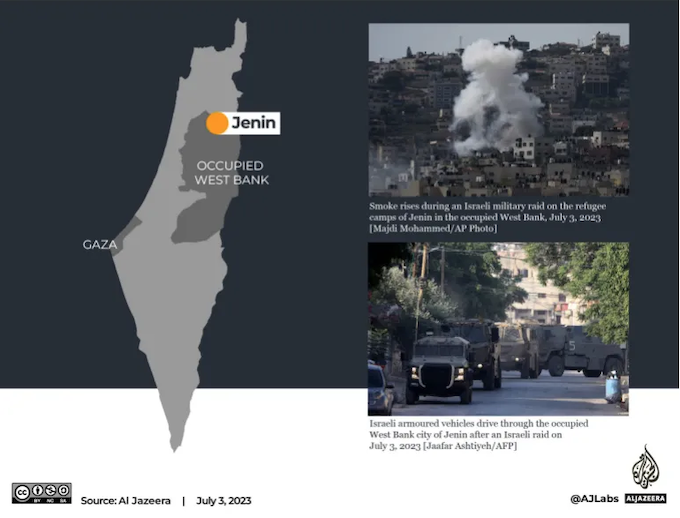COMMENTARY: By John Minto
No government likes to be called out for human rights abuses and it’s uncomfortable to do so, particularly when the abuser is either a friend or a country with which we have strong economic links.
In our relations with China, this is a difficult issue for us.
However, we should always expect our government to speak out for human rights and the case can be made that Chris Hipkins was too soft on his visit to China last week. The impression was of a laid-back Prime Minister failing to convey any of the serious concerns expressed by credible and principled human rights organisations such as Human Rights Watch and Amnesty International.
It seems New Zealand is leaving the heavy lifting on human rights to Foreign Minister Nanaia Mahuta who, in her own words, had a robust discussion with China’s Minister of Foreign Affairs on these issues earlier this year.
An Australian report said she was “harangued” from the Chinese side, although this was denied by Mahuta.
Hipkins, as Prime Minister, has our loudest voice and he should have publicly backed up our Foreign Minister.
If we want to be regarded as a good global citizen, we have to speak out clearly and act consistently, irrespective of where human rights abuses take place. This is where New Zealand has fallen down repeatedly.
Looking the other way
We have been happy to strongly condemn Russia and announced economic and diplomatic sanctions within a few hours of its invasion of Ukraine but we look the other way when a country guilty of abuses is close to the US.
In regard to the longest military occupation in modern history, Israel’s occupation of Palestine, we have been weak and inconsistent over many decades in calling for Palestinian human rights.
It hasn’t always been like that.
In late 2016, the National government, under John Key as prime minister, co-sponsored a United Nations Security Council resolution (UNSC2334 – NZ was a security council member at the time) which was passed in a 14–0 vote. The US abstained.
The resolution states that, in the occupied Palestinian territories, Israeli settlements had “no legal validity” and constituted “a flagrant violation under international law”. It said they were a “major obstacle to the achievement of the two-state solution and a just, lasting and comprehensive peace” in the Middle East.
Video shows the moment journalists said they were directly fired at by Israeli soldiers whilst they were covering the raid in Jenin refugee camp ⤵️ pic.twitter.com/OBQ5aS5c0A
— Al Jazeera English (@AJEnglish) July 3, 2023
So why does this matter now?
Because Israel has elected a new extremist government that has declared its intention to make illegal settlement building on Palestinian land its “top priority”. Early this week it announced plans for 5000 more homes for these illegal settlements, which a Palestinian official described as “part of an open war against the Palestinian people”.
Israel shows world middle finger
Israel is showing Palestinians, and the world, its middle finger.
At least nine people have been killed and scores wounded in the latest Israeli military attack on Palestinians in what is being described as a “real massacre” in Jenin refugee camp.
UNSC 2334 didn’t just criticise Israel. It called for action. It also asked member countries of the United Nations “to distinguish, in their relevant dealings, between the territory of the State of Israel and the territories occupied since 1967″.
In practical terms, this means requiring our government and local authorities to refuse to purchase any goods or services from companies (both Israeli and foreign-owned) that operate in illegal Israeli settlements.

This ban should also be extended to the 112 companies identified by the UN Human Rights Council as complicit in the building and maintenance of these illegal Israeli settlements.
The government should be actively discouraging our Superannuation Fund and KiwiSaver providers from investing in these complicit companies but an analysis earlier this year showed the Super Fund investments in these companies have close to doubled in the past two years.
Some countries have begun following through on UNSC 2334 but New Zealand has been inert. We have not been prepared to back up our words at the United Nations with action here.
West Papua deserves our voice
Following through would mean we were standing up for human rights for everyone living in Palestine. We could expect our government to face false smears of anti-semitism from Israel’s leaders and their friends here but we would receive heartfelt thanks from a people who have suffered immeasurably for 75 years.
Palestinians are the largest group of refugees internationally — 5.9 million — after being driven off their land by Israeli militias in 1947-1949. Every day, more of their land is stolen for illegal settlements while we avert our gaze.
The Indonesian military occupation of West Papua and Morocco’s occupation of Western Sahara also deserve our voice on the side of the victims.
Standing up for human rights is not comfortable when it means challenging supposed friends or allies. But we owe it to ourselves, and to those being brutally oppressed, to do more than mouth platitudes.
These peoples deserve our support and solidarity. Let’s not look the other way. Let’s act.
John Minto is national chair of Palestine Solidarity Network Aotearoa. This article was first published in The New Zealand Herald but is republished with the permission of the author.
Article by AsiaPacificReport.nz






